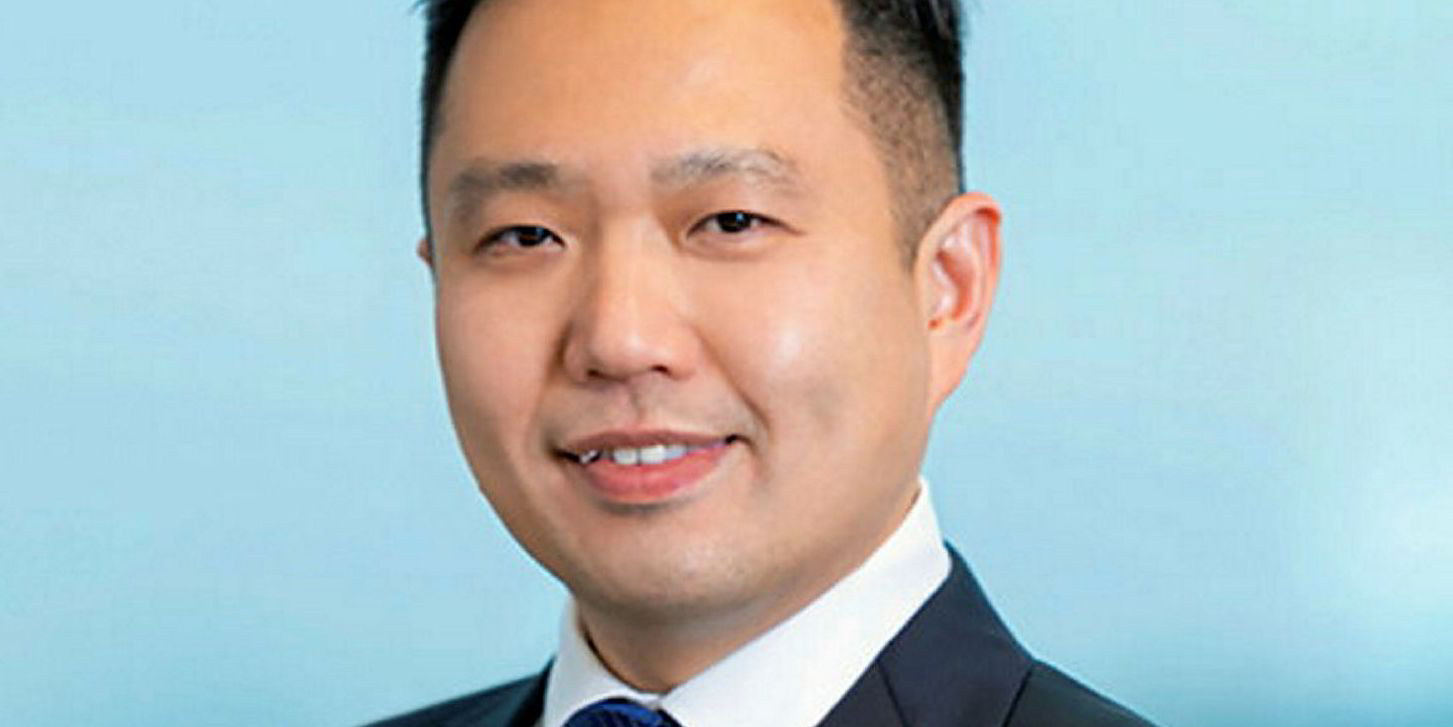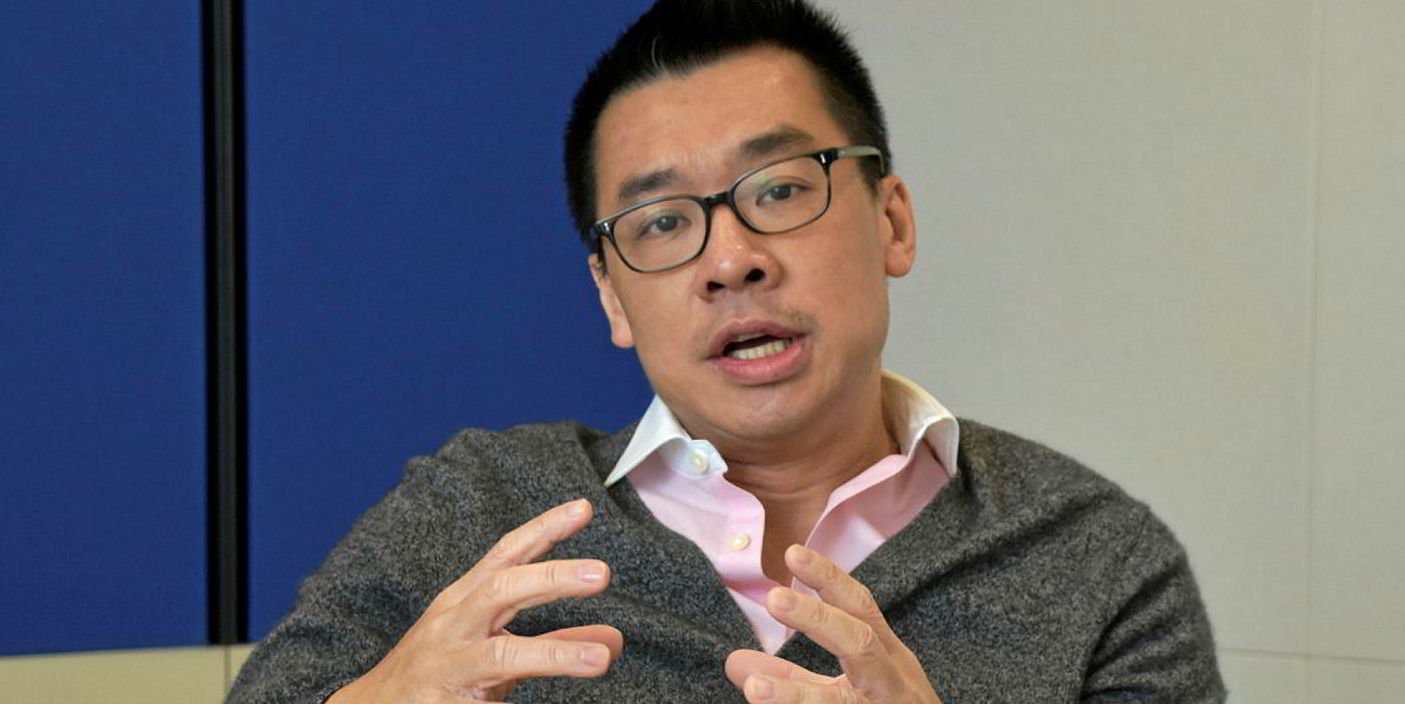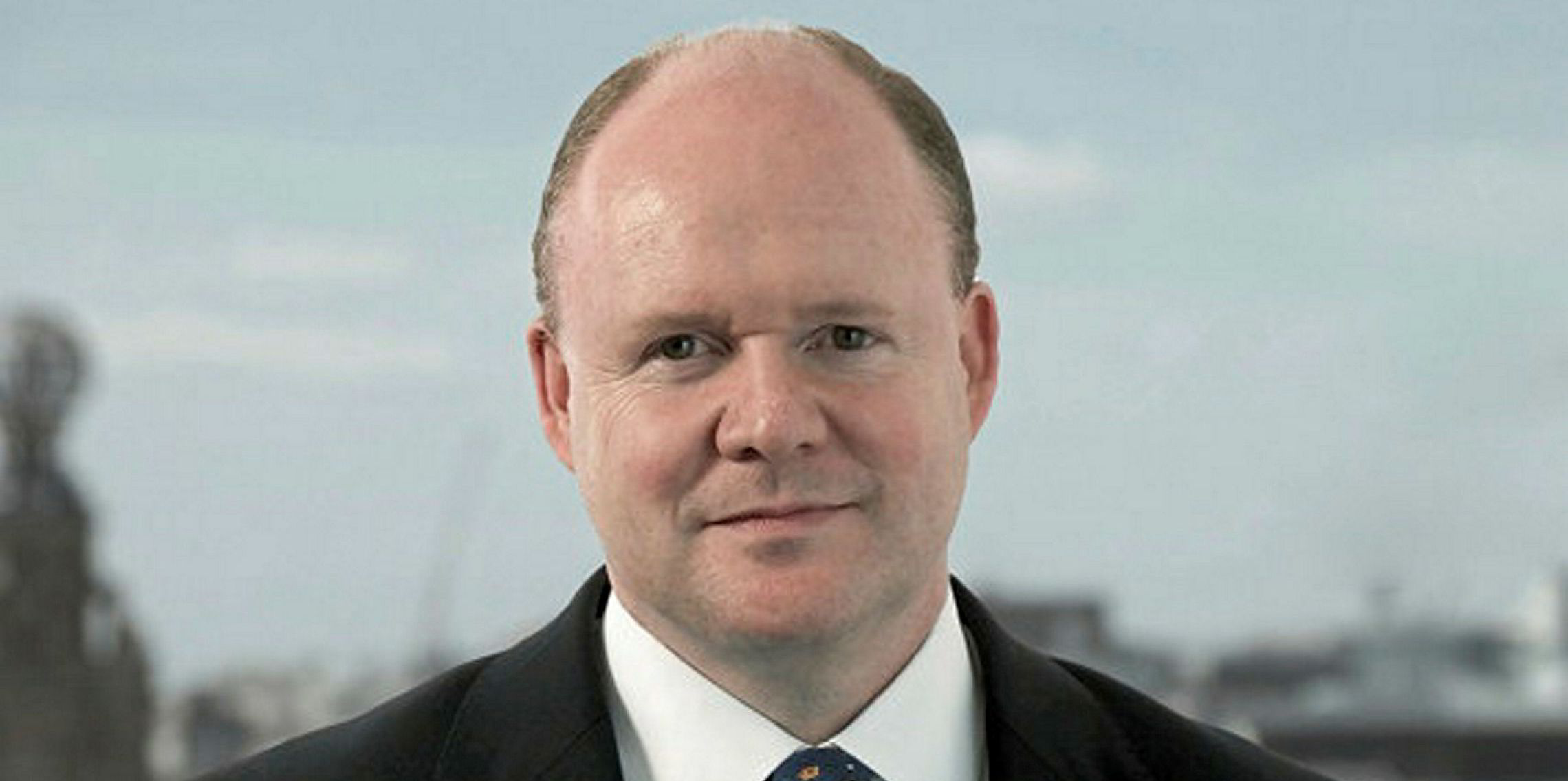Ince Gordon Dadds is looking for a Chinese law firm to help grow its business.
Paul Ho, who heads the company’s three offices in China, said Ince China is on target to deliver a 70% increase in revenue for the financial year to the end of March following this year’s merger of Ince & Co and Gordon Dadds.
Ince China is not a legal corporate entity, but designates the Hong Kong partnership of which Ho is a veteran, as well as the London-based firm’s two mainland representative offices in Beijing and Shanghai, where Ho became chief representative in July.
The firm’s former chief representative in China, Singaporean Wai Yue Loh, took over the running of the Singapore office this year.
The reshuffle of Ince Gordon Dadds’ Far East leadership happened in the wake of an incident of sexual harassment that led to the sacking of its former Singapore managing partner.
Lion’s share
Ince Gordon Dadds announced last week that it had formally severed its connection to shipping and cross-border finance law specialist Devandran Karunakaran, who was fined SGD 15,000 ($11,000) after pleading guilty to four charges stemming from a drunken encounter in a Singapore bar in May 2018.
The expected 70% growth figure that Ho anticipates does not represent a leap in the firm’s traditional shipping business.
The lion’s share of it was the effect of a stable of non-shipping corporate lawyers that he signed in Hong Kong soon after the merger.
The three partners and about 15 fee-earning lawyers came on-board from Hong Kong’s ONC Lawyers.
“These were the first major lateral hires in Ince Gordon Dadds since the merger,” Ho said.
The firm’s Shanghai and Beijing offices, which are still focused on shipping and trade, now have about 15 fee earners, while the Hong Kong legal partnership has more than 40, counting the new recruits.
Next on the Chinese agenda is finding a law firm to team up with, whether a shipping boutique or a general corporate firm that could help the merged firm expand beyond shipping and trade.
International law firms in mainland China operate as representative offices of their foreign parent firms and cannot practise Chinese law, even if some partners are personally qualified to practise in the country — as two of Ince Gordon Dadds’ Shanghai lawyers are.

When foreign firms have clients that need Chinese legal representation, they work as a team with allied local firms.
This is often done on an ad-hoc basis, but law firms are increasingly formalising steady, though not necessarily exclusive, alliances. They can take the form of joint ventures, such as the one that Clyde & Co established with Chongqing’s Westlink Partnership in 2013.
Beijing recently gave the go-ahead to a looser, free trade zone-based form of “association” between foreign and local firms, like the one HFW and Shanghai-based maritime firm Wintell & Co formed in 2016.
Ho said Ince Gordon Dadds has not yet settled on an ally or a form of alliance but is in talks, and hopes to announce a tie-up in the coming year.
The need for an ally has grown as the Chinese share of the former Ince & Co client base has risen. In 2002, when Ho moved to the Shanghai office two years after former Ince partner Peter Murray set it up, the clients it served were 80% foreign and 20% domestic.
Ho estimates that the balance tipped a year ago, and now Chinese client work is the greater share of work carried out by the Shanghai and Beijing offices.
Although an alliance cannot come in the form of an acquisition or a lateral hire because of the restrictions on practice of Chinese law, Ho said it will serve the same goal of expansion as the parent group’s merger. “We have had a good start after the merger, but you can’t stand still,” he added.
The ability to make decisions quickly gives you an advantage. It helps us grow
Paul Ho
Ho described the high-profile departures of Ince partners to rivals — including HFW and Watson Farley & Williams — as “humps and bumps” that have largely been overcome, and he believes the new form of ownership will make growth easier, thanks to public equity funds for expansion and a streamlined decision-making process.
For those reasons, he would be surprised if more law firms do not become listed entities in the next few years.
“Pre-merger, lateral hires of that kind would have required global partner approval — and that takes time,” he said.
‘Almost zero conflicts’
“After the merger, it took just over two months from the day I met the Hong Kong firm until they signed. I spoke to the lateral hires, I spoke to our chief executive [Adrian Biles of Ince Gordon Dadds’ parent company, Ince Group] and that was it.
“The ability to make decisions quickly gives you an advantage. It helps us grow.”
Ho has faced questions from contacts who believe the merged company will shift away from shipping and trade law.
In fact, he described the almost complete lack of overlap between the two firms as an advantage.
“We doubled in size and there was almost zero overlap in practice areas, and that means almost zero conflicts [of incompatible clients] resulting from the merger,” he said.





